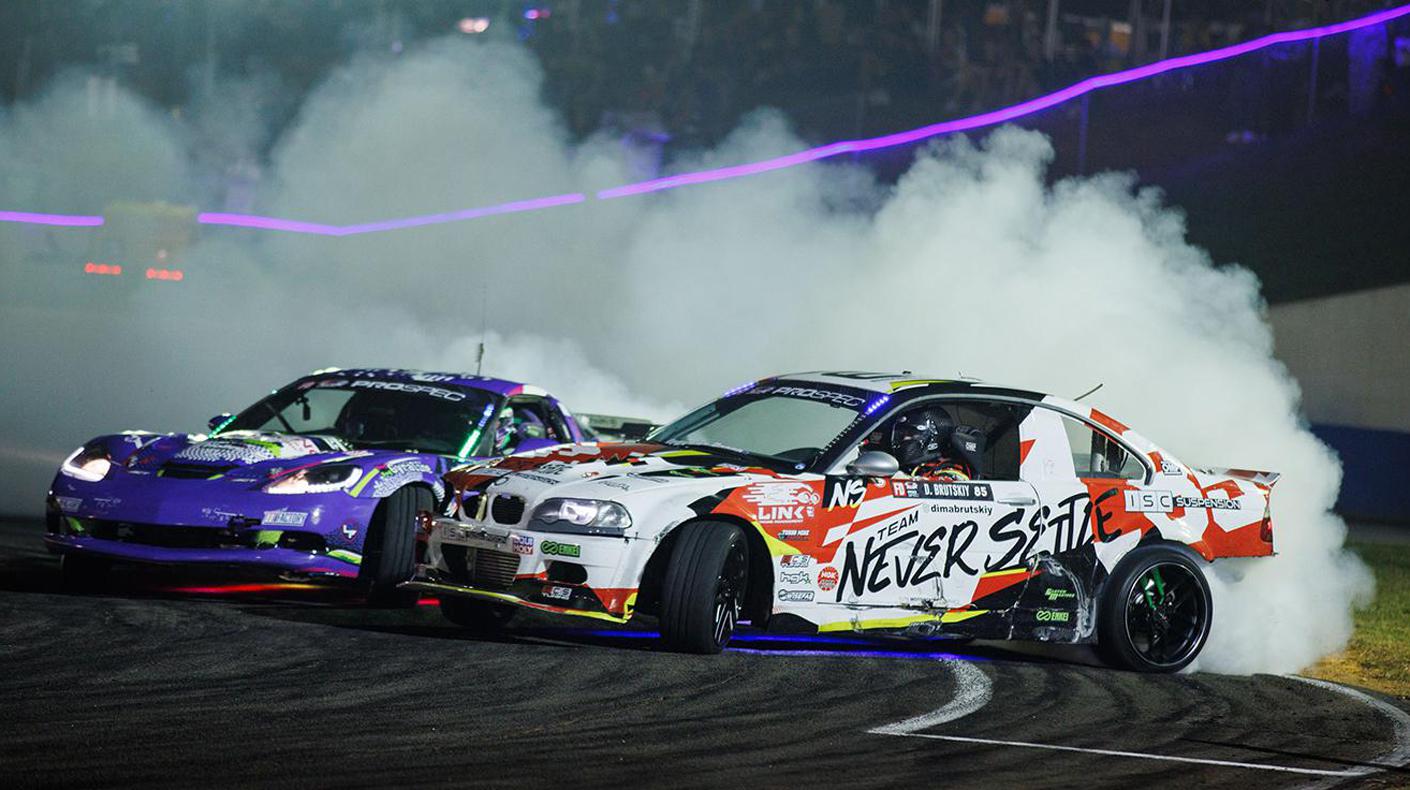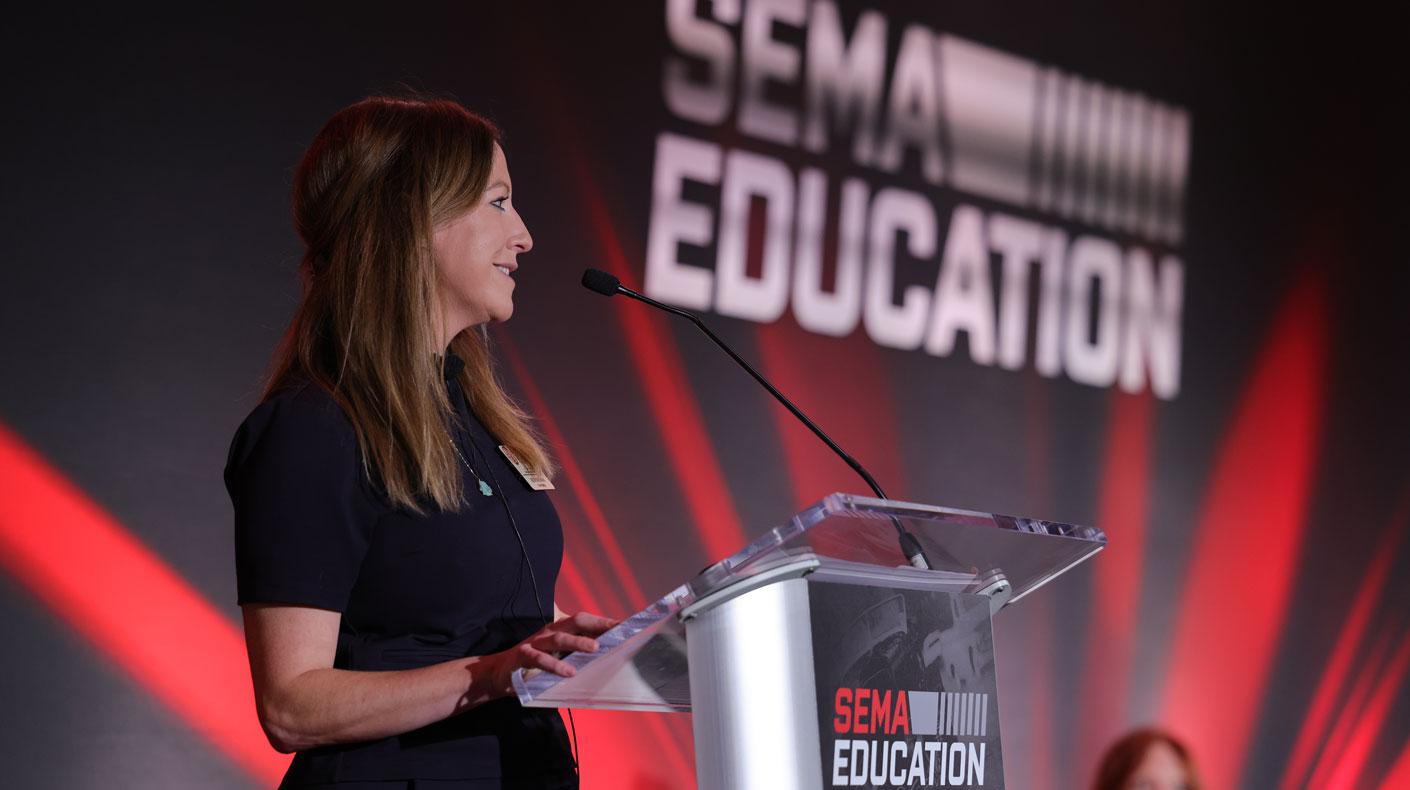As consumers become more realistic about the fuel-efficiency capabilities of hybrid vehicles, the percentage of new-vehicle shoppers who are considering a hybrid has declined, according to recently released J.D. Power and Associates' 2007 Alternative Powertrain Study. Their study examines the percentage of consumers that are considering purchasing either hybrid or clean-diesel powertrains.
Now in its second year, the Alternative Powertrain Study examines the reasons why consumers consider or avoid alternative powertrain vehicles. The study includes the Automotive Environmental Index, which combines U.S. Environmental Protection Agency (EPA) publicly available data related to fuel economy, air pollution and greenhouse gases for 2007 model-year vehicles and J.D. Power and Associates’ voice-of-the-customer data related to stated fuel economy. Voice-of-the-customer data—consumer data derived from other J.D. Power studies—is also used to help determine the relative importance of these environmental factors.
The study finds that 50% of new-vehicle shoppers are considering a hybrid—down from 57% in the 2006 study. While a general decline can be observed across all age groups, in particular, younger vehicle shoppers (16 to 25 years old), appear less interested in the powertrain technology, with 60% considering a hybrid in 2007, down from 73% in 2006. The average additional price potential hybrid buyers are willing to pay for this powertrain is $2,396, with the expectation of receiving an improvement of 18.5 miles per gallon (MPG) over a traditional vehicle of similar size.
“In the 2006 study, we found consumers often overestimated the fuel efficiency of hybrid-electric vehicles, and the decrease in consideration of hybrids in 2007 may be a result of their more realistic understanding of the actual fuel-economy capabilities,” said Mike Marshall, director of automotive emerging technologies at J.D. Power and Associates. “While hybrid sales are steadily increasing, they continue to face competition for market share against an increasing offering of other alternative powertrains and fuels options.”
The study also finds that consumer consideration for purchasing clean-diesel vehicles, which were newly introduced to the market in 2007, is at 23%. In 2006, only 12% of shoppers considered purchasing diesel vehicles. On average, fans of this powertrain are willing to pay an additional $1,491 for the clean-diesel option and expect an average additional fuel economy improvement of 15 mpg.
“As the automotive industry steadily offers more alternative powertrain/fuel options to consumers, buyer preferences will continue to shift the market in the coming years,” said Marshall. “With high fuel prices, perceived dependency on foreign oil and an increased focus on environmental issues all being top of mind among consumers, manufacturers will not only have to continuously make efforts to produce more fuel efficient vehicles, but also to diversify the range of options.”
Toyota is the highest-ranking nameplate in the Automotive Environmental Index, followed by Volkswagen and Honda, respectively. Toyota has improved by six rank positions since the 2006 study and has a strong showing with both hybrid and gasoline-powered models. Honda also performs well, with four models in the top 30. Ford and Nissan follow, each with three models. Similar to 2006 results, there are only two luxury models in the top 30—the Lexus GS 450h and RX 400h.

The 2007 Alternative Powertrain Study includes responses from more than 4,000 consumers in May and June 2007 who plan to purchase a new vehicle within the next two years. The voice-of-the-customer components of the Automotive Environmental Index are derived from the 2007 Alternative Powertrain Study and the J.D. Power and Associates 2007 Initial Quality Study.
Source: J.D. Power and Associates (July 16, 2007). “J.D. Power and Associates Reports: Consumer Consideration of Hybrid Vehicles Drops as Fuel Efficiency Expectations Among Shoppers Become More Realistic.” J.D. Power and Associates press release courtesy of PR Newswire.





